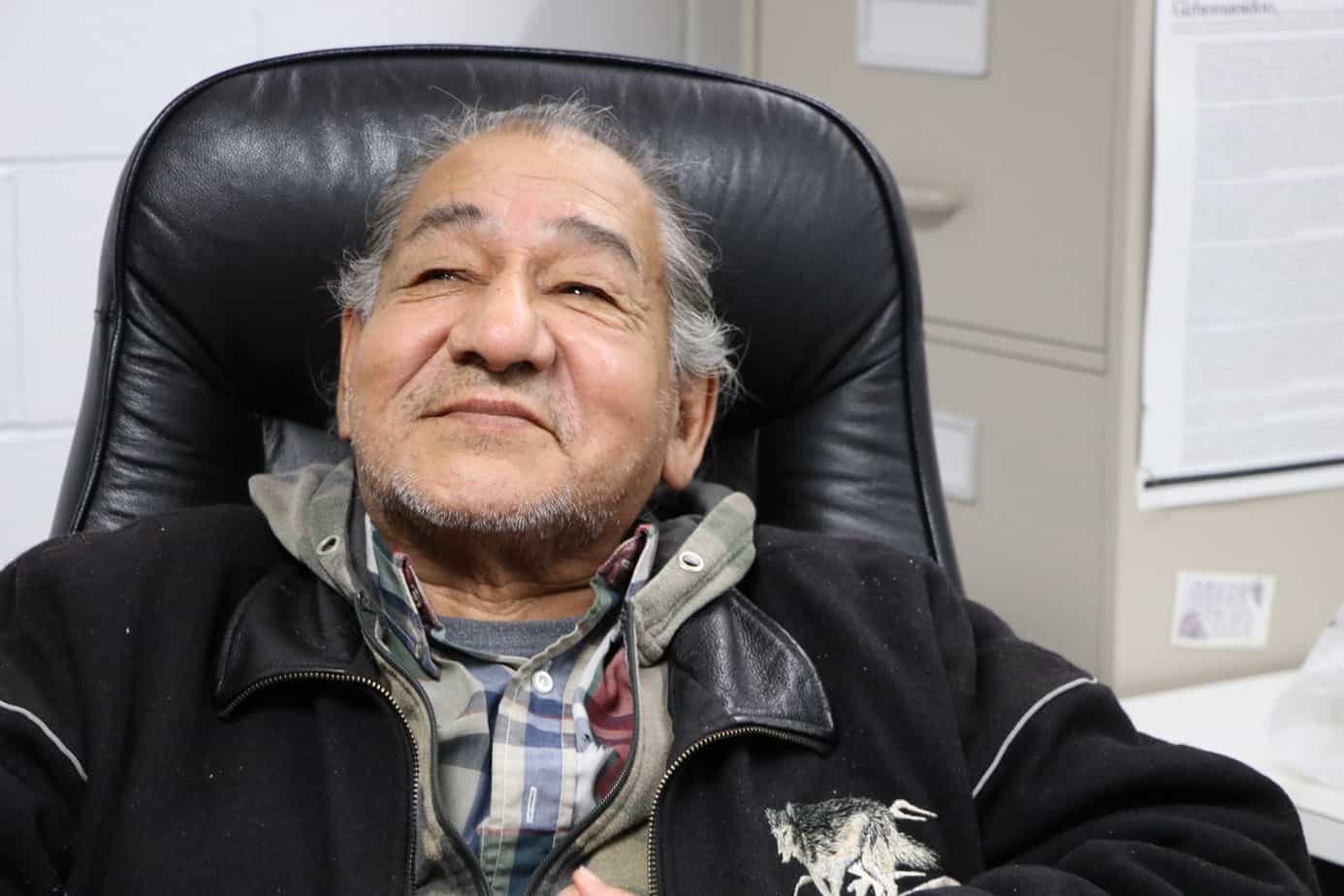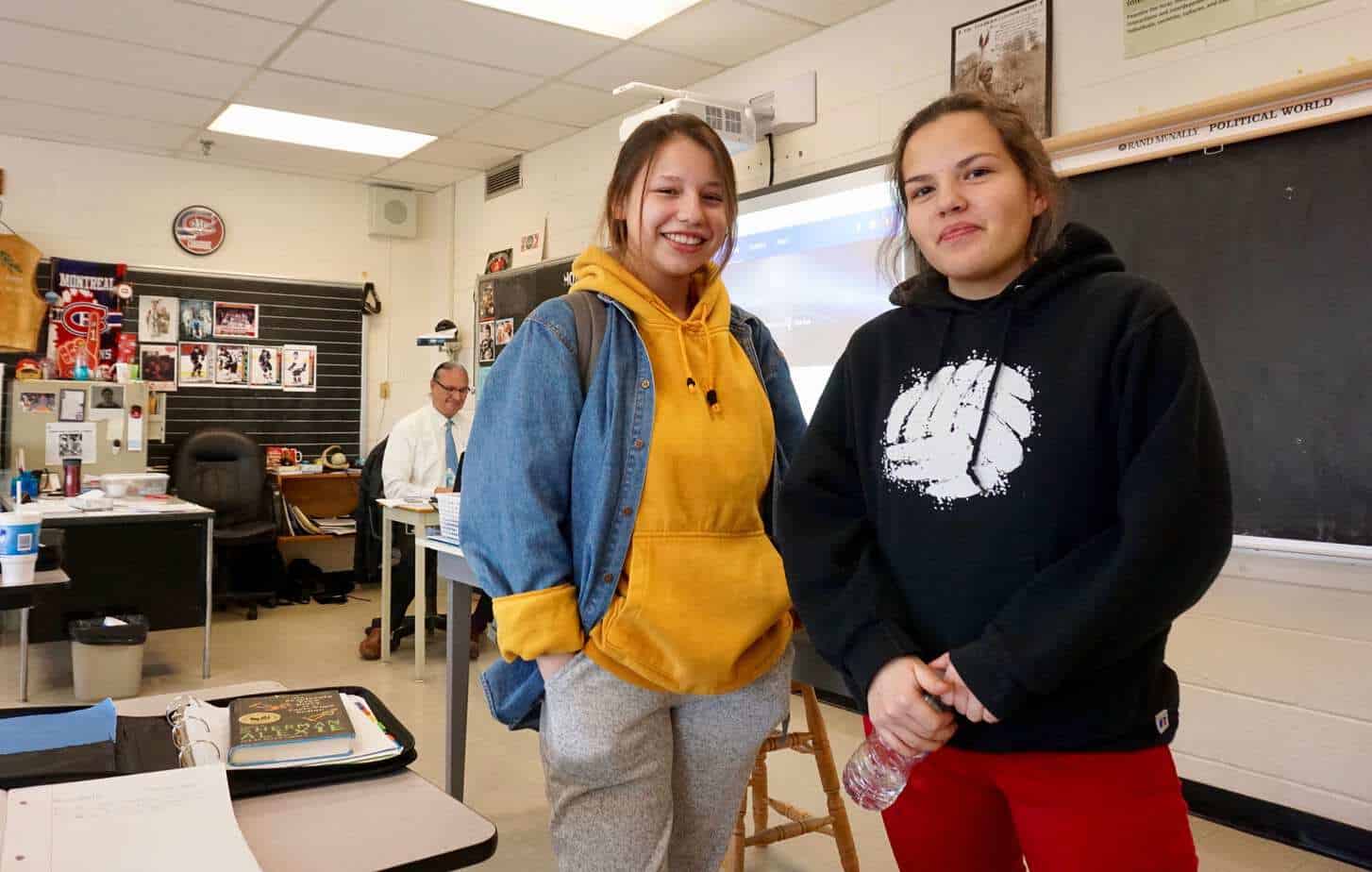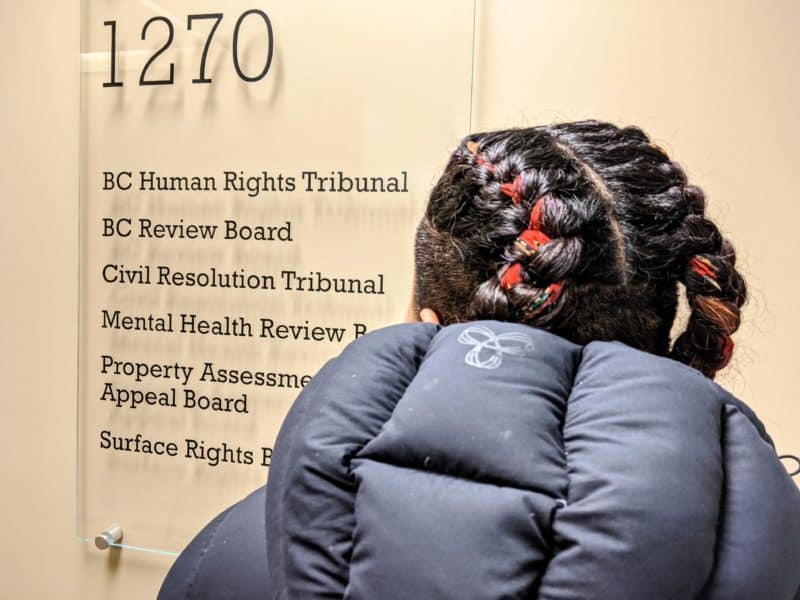
What does reconciliation look like in small communities? It’s a question that reporters for Discourse Media and CBC Indigenous have been trying to answer.
While Toronto, Vancouver, Winnipeg and Victoria have publicly prioritized reconciliation — even declaring years of reconciliation — seemingly few small communities have followed suit. Although limited capacity and resources can hinder small communities’ reconciliation plans, confusion over what reconciliation means and undercurrents of racism also pose barriers.
This is what our reporters found after investigating the state of reconciliation in four communities across Canada: Port Alberni, B.C., Saint Paul, Alta., Prince Albert, Sask. and Kenora, Ont.
The idea for this series began when Discourse Media reporter Wawmeesh Hamilton followed a local controversy in his hometown of Port Alberni. City councillors voted down a plan to rename a city street named after a late former MP who was an Indian Agent who supported residential schools.
“After seeing what was happening in Port Alberni, I thought about just how many Indigenous communities are located near small towns,” says Hamilton. “With a lot of news stories focused on big cities, I wanted to look at what was happening in the rest of Canada.”
When we consider how small towns fit into the national pursuit of reconciliation, you have to look at the Truth and Reconciliation Commission’s 94 Calls to Action to address the traumatic legacy of residential schools and to advance reconciliation between Indigenous and non-Indigenous people.
Although there were calls to all levels of government, including municipal ones, small Canadian towns weren’t specifically referenced — and that’s a concern, according to B.C.’s Cheam First Nations Chief Ernie Crey.
“Small towns weren’t considered in the calls to action and they should have been,” Crey says. “The calls to action referenced all levels of government, and some referenced municipal governments, but not all governments are alike.”
Proportionally, small towns have a larger First Nations presence than cities, but they also have fewer resources for reconciliation, Crey says. “Bigger cities with smaller First Nations presence have comparatively more resources to support well-funded and well-prepared projects than smaller towns do.”
CBC and Discourse will release the following stories, exploring the issue of reconciliation in small towns, on Jan. 20, Jan. 27, Feb. 3 and Feb. 10:
Renaming reveals racism in Port Alberni, B.C.

A street-renaming attempt sparked racism in Port Alberni, B.C. Later on, residents grappled with how to achieve reconciliation after having a residential school in their community for so long. Port Alberni has since formed a reconciliation committee, and school trustees are considering renaming a school named after a former Indian agent. But can reconciliation be salvaged in this small town? Reporter Wawmeesh Hamilton visited Port Alberni to find out.
[fullbreak]
The long road to reconciliation in Kenora, Ont.

Kenora, said to be at the crossroads of colonization, is experiencing a housing crisis that has left some Indigenous residents questioning whether reconciliation will ever come to this community located in Ontario’s cottage country. Reporter Kelly Malone found that although Kenora has renamed its Colonization Road, raised the Treaty 3 flag and arranged cultural sensitivity training, some residents believe racism persists on the streets and that Indigenous families still struggle to find homes.
[fullbreak]
Being an outsider in St. Paul, Alta.

One small town in east-central Alberta’s claim to fame is having the world’s first UFO landing pad. Its plaque says “all visitors from Earth or otherwise are welcome to this territory and to the Town of St. Paul.” But even though aliens and outsiders are invited, many of the area’s own Indigenous Peoples are struggling to feel welcome in St. Paul, which was once considered their ancestral territory. “Would I say there’s an issue? Yes,” Mayor Maureen Mills told reporter Brandi Morin.
[fullbreak]
Inheriting reconciliation in Prince Albert, Sask.

Young people in Prince Albert, Sask., are inheriting reconciliation from older generations. Yet, despite learning about how residential schools have shaped their community, Indigenous youth still experience racism. Reporter Chelsea Laskowski found that teachers are among those struggling to break down historical racial divides in Prince Albert. [end]
The #SmallTownReconciliation series is a collaborative project between CBC Indigenous and Discourse Media.
This piece was edited by Lindsay Sample and copy edited by Anita Li.



